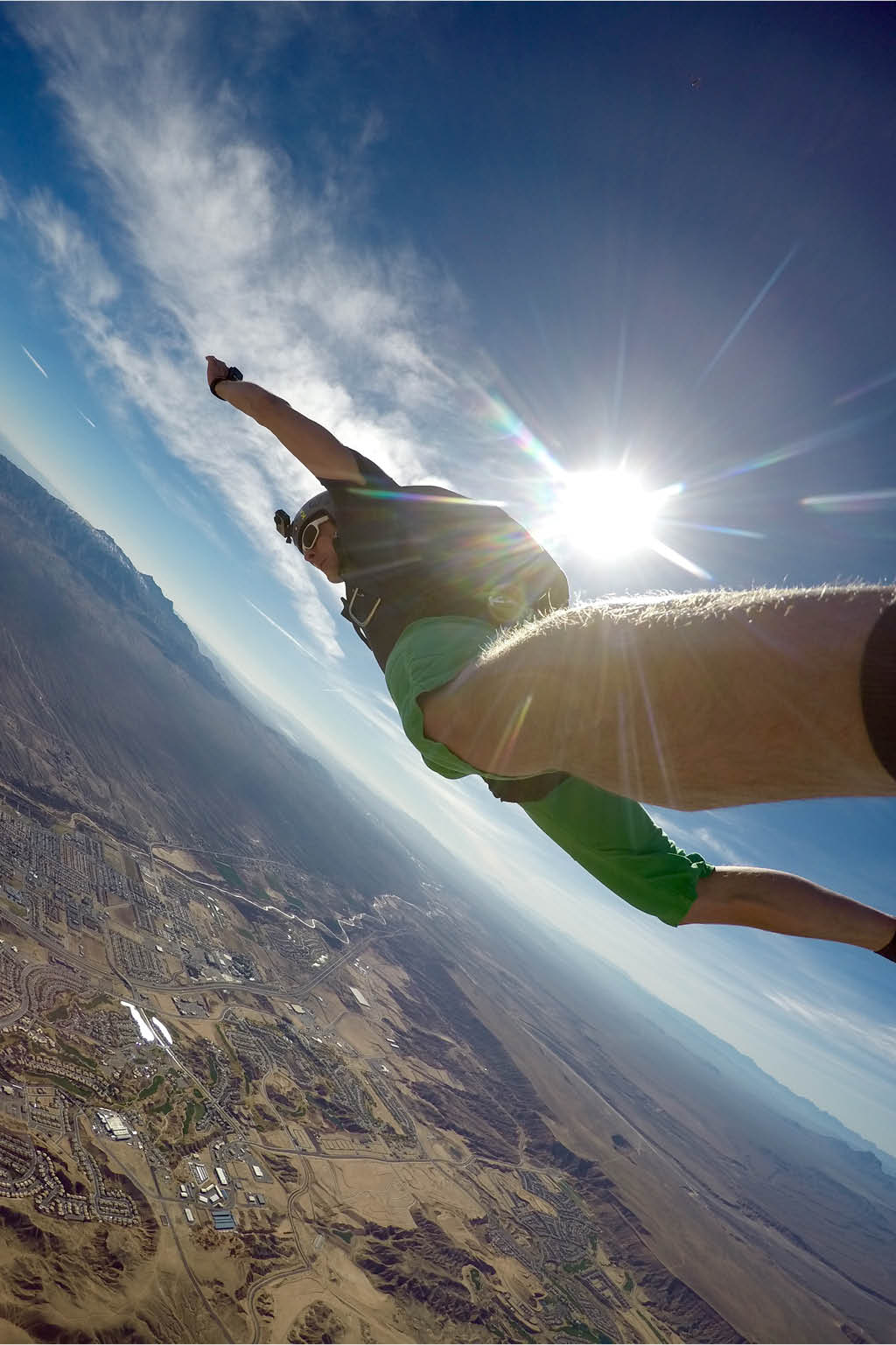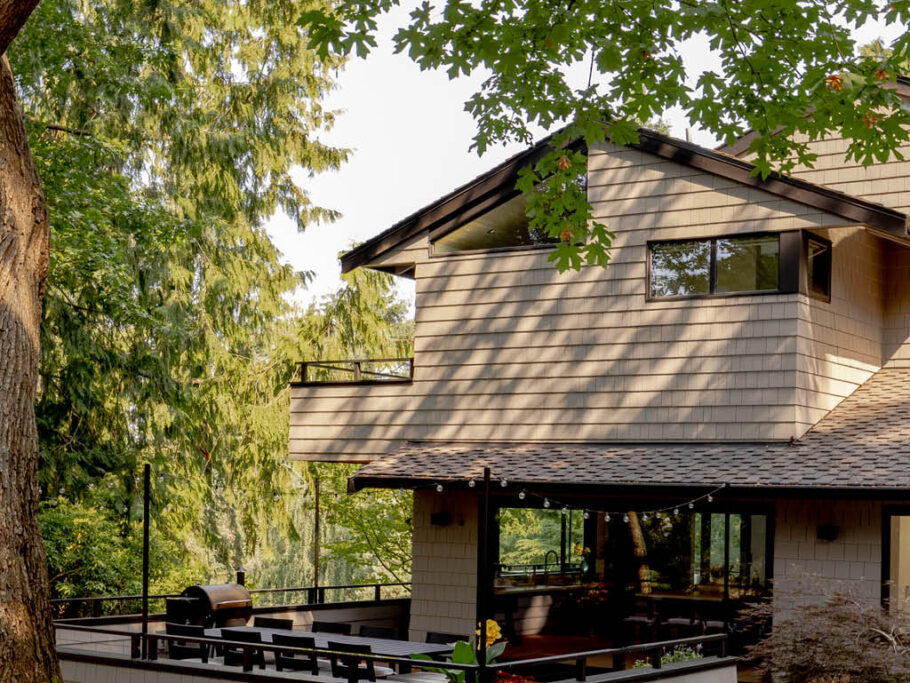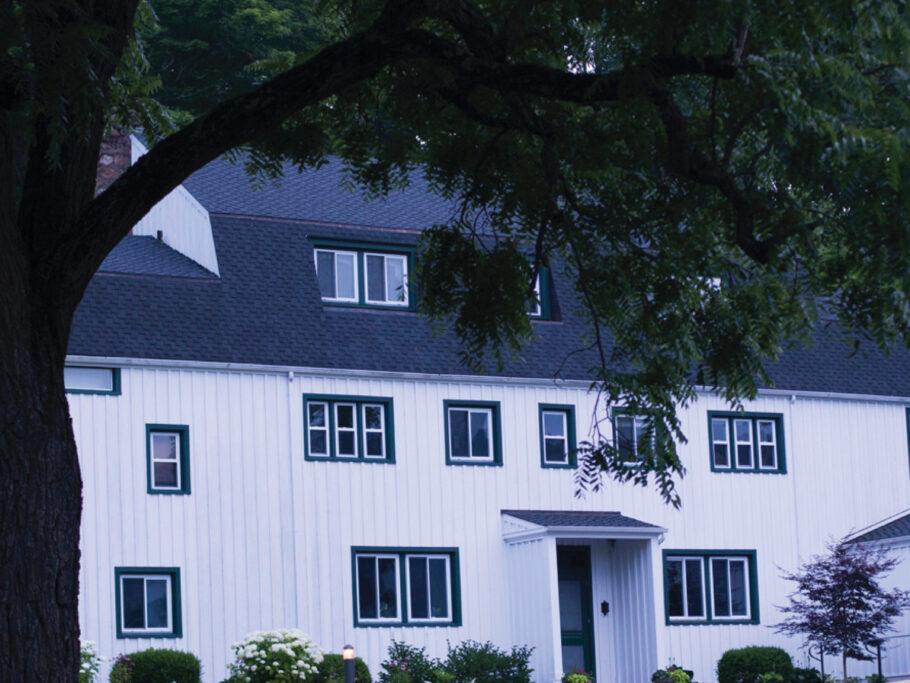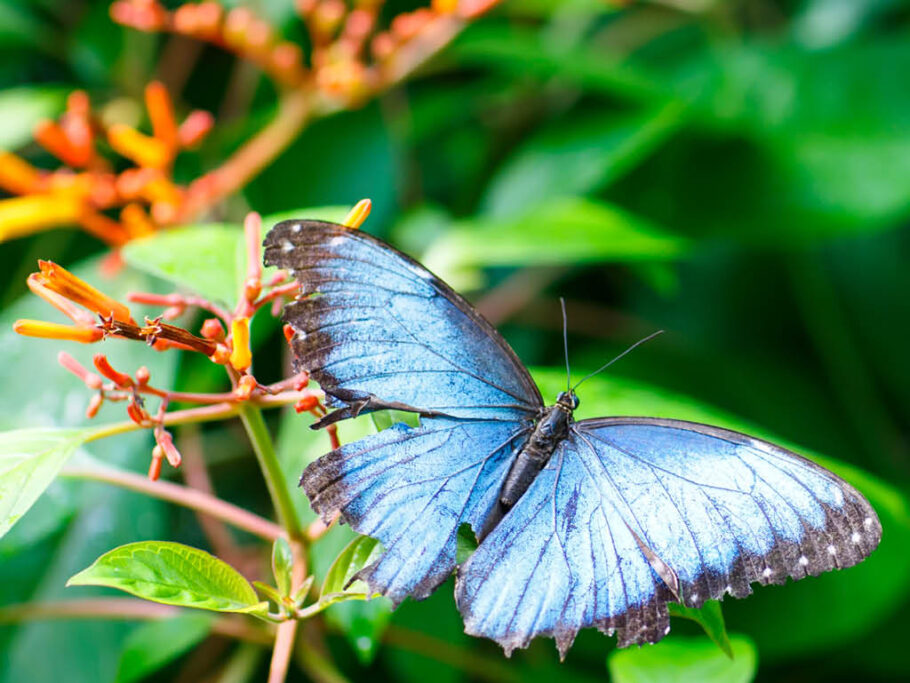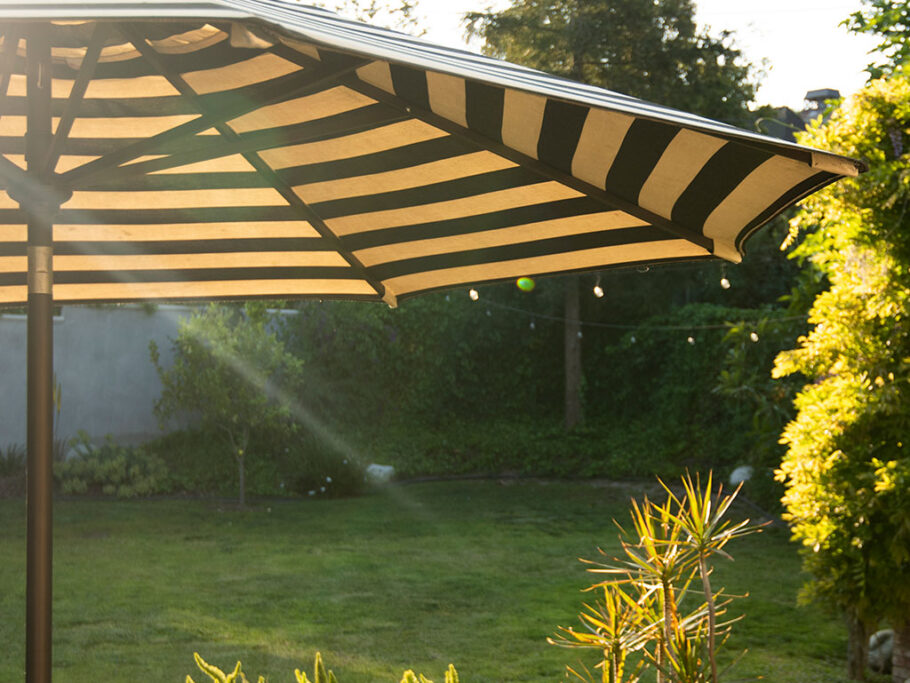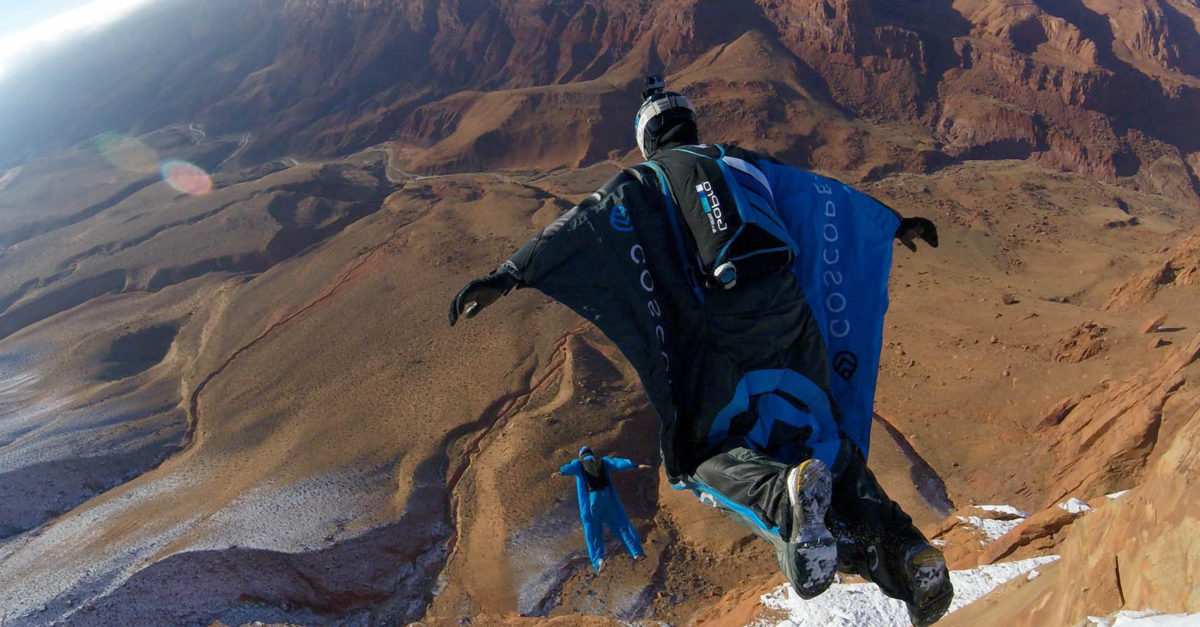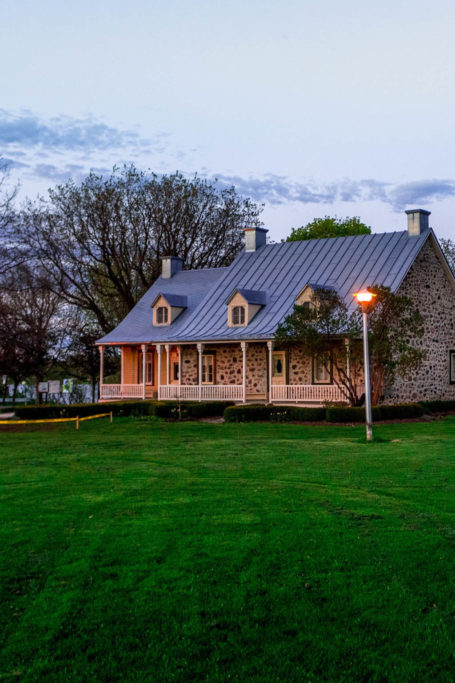Falling for Neil Amonson
Some people push the limits to get the most out of life, and Neil Amonson is one of them. A US Air Force veteran, Amonson continues his love of flying as part of a four-person, Utah-based team called the GoPro Bomb Squad. With this crew, he travels the globe participating in and recording his air sport adventures such as paragliding, skydiving, and BASE jumping.
Were you a daredevil as a child?
I have memories of climbing trees and jumping out of them, building jumps for our bicycles, and generally causing mischief, but I think that’s pretty normal for most kids. My brother, Christian, reminded me of a ski trip when we lived in Stewartsville, New Jersey. I was in seventh or eighth grade. We had all gathered at the lodge, rented our skis, and headed outside. By the time everyone had latched themselves in, I had snuck off to the mountain. They found me already a quarter of the way down the mountain wrapped around a tree with two medics tending to my broken wrist.
Were your parents always watching you, or did you have a lot of freedom?
I definitely had a lot of freedom. When we got too rowdy, my mother would lock us outside. We were never allowed to have video games. I think I developed much of my independence from having a lot of freedom as a kid and not being coddled.
Where did you grow up? Did you feel a sense of belonging?
When people ask where I’m from, I usually just say the East Coast. Technically, I was born in New Jersey, but I hardly count that. We moved around every three to four years as I was growing up, so it was hard to call anywhere home. I went to high school in two different states—the last three years of which were in Virginia. My parents still live in Philomont, Virginia, so I call that home.
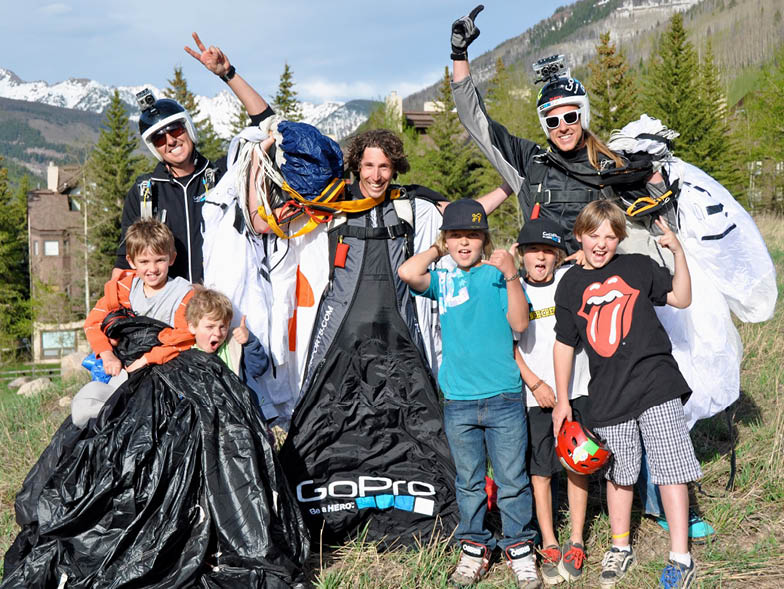
Why did you decide to join the military?
As a senior in high school, I went to an orientation at Virginia Tech to learn about their programs. As I sat in the back of the auditorium, I fell asleep while they were talking about the college experience. It didn’t seem like a good idea to spend another four years in school studying something I wasn’t excited about, so I joined the military.
How did being in the Air Force Special Forces change you and prepare you for life?
Going into the military was life changing, for sure. I learned discipline and focus—two things I never learned in school. I also gained a tremendous amount of confidence, both physically and mentally. I learned that I can do anything I put my mind to, and that the only thing that often prevents people from accomplishing their goals is giving up or simply not trying hard enough. For me, that included how to study and do well on tests. I don’t love academics, but I can hold my own now.
Did you have a postmilitary plan for your life?
My plan was to get a dog and a truck and move to Utah. So I did.
What is the timeline of your interest in extreme sports?
When I was in ninth grade, I started working at a bike shop in Easton, Maryland. I started downhill mountain biking. It was a progression after that. However, I’ve definitely taken a few steps back over the years. I enjoy being in the air, and I would like to continue to do so for many years. But I’ve lost too many friends along the way to fall into the illusion of thinking it can’t happen to me. It can, and if I don’t take precautions, it probably will.
What does BASE stand for? Where did your love of BASE jumping originate?
BASE stands for the four objects you can jump from: buildings, antennas, spans (bridges), and earth (cliffs). I wouldn’t say I love BASE jumping; I’m not sure I even like it. It just happens to be one of the most powerful human experiences I’ve had, and there are things I learn from it.
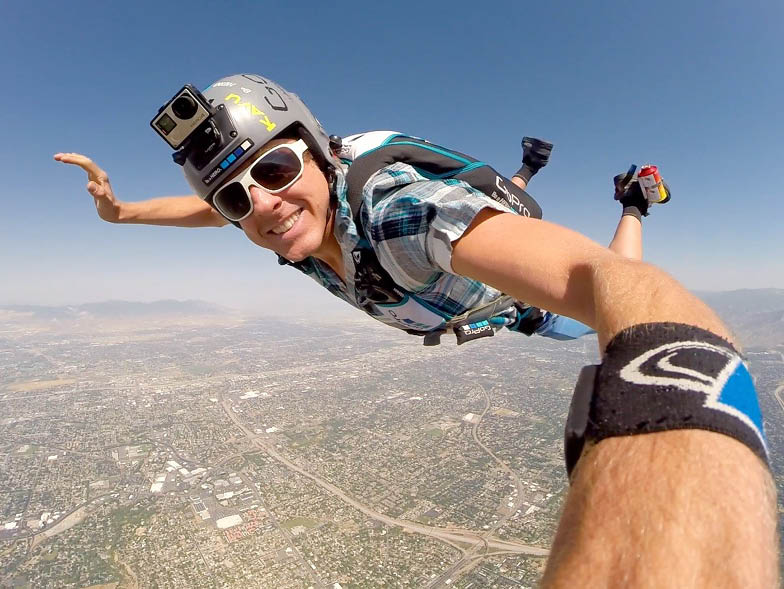
What are the mechanics of wing suits? What do they enable you to do?
Wing suits are rad. They actually fill up with air from the inside and turn your body into a flying wing. Because they pressurize so well now, the suits are getting very impressive performance and actually allow you to climb for a short period of time before gliding down again. It’s going to be cool to see what happens in the next ten years. In a normal skydive, you free-fall for about sixty seconds, going straight down at 120 miles an hour. With a wing suit, you can glide for over three minutes and cover miles before opening your parachute. It’s amazing.
Do you have a fear of heights?
I am afraid of heights, though not so much with a parachute on. Things like ladders and balconies mostly freak me out. Even when I’m jumping, I don’t hang out too much around the edge. It makes me more nervous.
What goes through your mind the moment you are about to jump? How do you feel when you’re in the air?
Right before I jump, I have complete focus.For me, that’s one of the best parts of jumping—it filters out the static of day-to-day life better than anything else. I feel nervous every time. In the air, I feel a connection to everything. It’s like my spatial awareness shifts, and I am completely present in the space I’m in while at the same time watching the whole event from afar. It’s pretty rad.
What drives you to keep doing this sport?
No matter what I’m doing, if I’m in the air it makes me feel good. It gives me joy. Water sports are a close second, and I’m planning on spending more time near the ocean in the future.
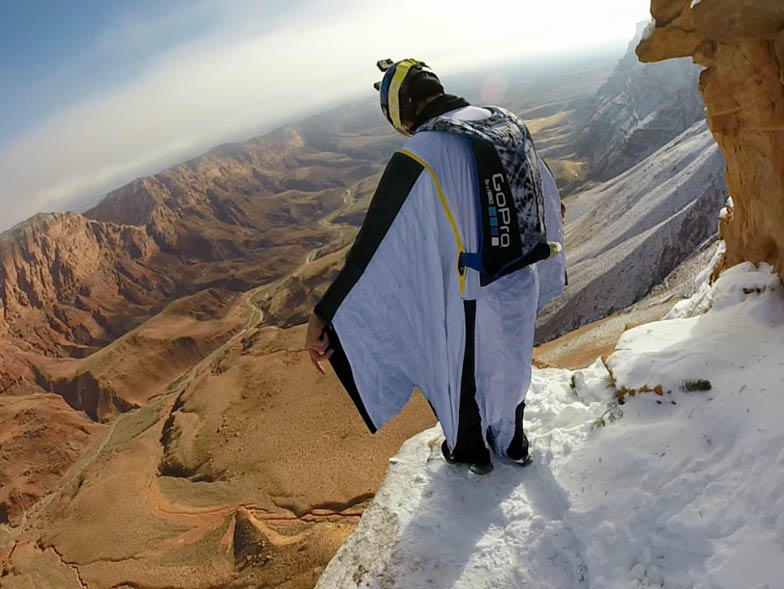
Do you think people who do extreme sports have a reputation for being reckless? Do you feel like you are taking a huge risk each time you jump?
People who do extreme sports are generally more comfortable with risk than people who do other sports. What’s hard to say is how much risk each person is actually taking in his or her sport. Many factors are involved, which makes the whole scenario pretty complex. I’ve gotten tired of looking at it practically and have summed up my risk management by asking myself, “Is there a safer way to do what I’m doing, besides not doing it at all?” And if there is a safer way, I strongly consider doing that. People often get caught up in the newest and most daring way of doing things. It’s a slippery slope that can have devastating consequences. I’m still pushing things in my own way, but I’m doing so differently than when I was younger.
How did your career with GoPro begin? Did you ever dream you’d get paid to do what you love? Has your interest in photography increased since working with them?
I’m a sponsored athlete for GoPro. There isn’t an official job description, but it involves filming my adventures with a GoPro and sharing the content with them for promotional and marketing purposes, as well as on social media. It doesn’t feel like a job. It’s more like a hobby, but either way I can’t complain. Getting paid to do what I love is a great way to feel spoiled. At the end of the day, I like to work and contribute in a meaningful way to the companies I have relationships with, and that is more important to me than looking cool. I’ve been interested in photography since I was little, and the GoPro connection was simply an extension of that. Moving forward, I see myself getting back into traditional photography. I miss composing shots instead of just pointing a camera toward the action, taking a bunch of photos, and picking my favorite, although that technique works pretty well. [laughs]
What is your favorite extreme sport?
I don’t have a favorite. I’m currently flying airplanes during the week, skydiving on the weekends, and paragliding every now and then. I only BASE jump a few times a year.
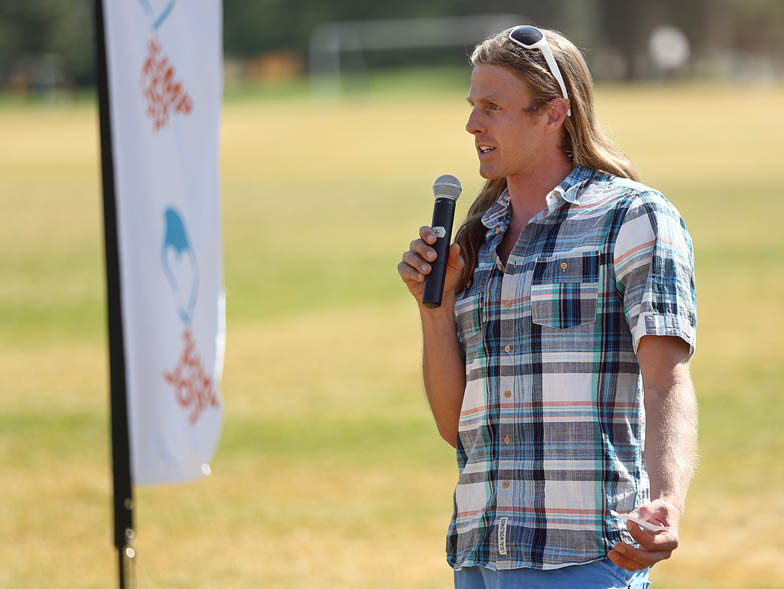
Are extreme sports enthusiasts your preferred friend group?
I’m a lone wolf. Most of my friends are simply people who share similar hobbies. As the seasons change, so do the people I spend my time with. I’ve recognized I enjoy being very independent, so I’ve held off from having kids and getting married, and I rarely even date because I don’t want to have to juggle my priorities. Things are pretty simple, and it’s hard to want to change that. I’m sure things will shift as I get older, but for now I enjoy my freedom.
How do you give back to the community?
I started a nonprofit called Jump For Joy. We skydive into schools and do motivational speaking for kids. It’s important to me that young people realize they can make their own path through life and that all the skills they need are inside themselves. We have a mantra called “dream, plan, do,” which helps teach kids how to take their ideas and goals and make them real. A lot of people don’t know these basic steps of how to manifest things, so I figure the earlier we can share this with kids, the more likely they will be able to find and share their natural talents. We also emphasize balance, specifically in the realm of thinking versus feeling and creativity versus structure. Each of us has things we are naturally good at, and, in turn, some things we are bad at. It’s important to know your strengths and weaknesses and when to ask for help.
For more info, visit jump-4-joy.org.
